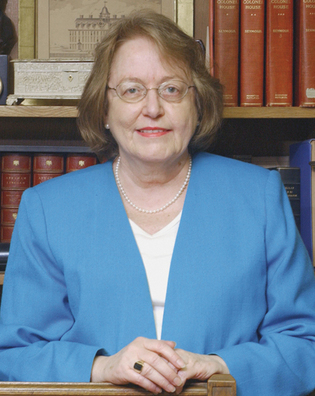 loading
loading
From the EditorA maven of Yale historyJudith Ann Schiff has plumbed the university’s archives for 53 years.  Yale UniversityThe indefatigable Judith Ann Schiff. View full imageIn mid-1999, when Judith Ann Schiff was in the Yale infirmary recovering from an operation, the staff gave her the friendly news that someone had dropped off a package. She’d had plenty of cards and flowers; this gift, however, was unusual. The note read, “Something to keep you busy,” and the package, from a Yale administrator, was an outline for writing the Michelin guide to Yale and New Haven. Judy had volunteered to provide the text. She just hadn’t expected to start it in post-op. Judy being Judy, she started it anyway. In her day job, Judy is Yale’s chief research archivist. But she is also the New Haven volunteer city historian, a trustee for the Grove Street Cemetery, and this magazine’s columnist for Old Yale. She gives talks on Yale history for every round of alumni reunions and frequently at Yale clubs. She has served on dozens of Yale committees. And she likes busman’s holidays: on a beautiful Sunday in summer, she is never happier than when touring Connecticut’s historic gardens. Judy, who is much more soft-spoken and mild than the stereotypical dynamo, has worked at Yale for 53 years. She grew up in New Haven, went to college at Barnard, and got a master’s in history at Columbia and a library science degree from Southern Connecticut State College. It was because of Yale that she did that last degree: as her first job out of college, she took a position in Sterling Memorial Library cataloguing historical papers of New Haven families. There she fell in love with the work of caring for and interpreting the tangible fragments of history that fill Yale’s archives. Judy has written nearly 200 Old Yale columns, beginning with a 1987 piece on the history of Hillhouse Avenue and extending to this issue’s article about two of the first three women on Yale’s medical faculty. (She has a dedicated interest in the history of women and minority populations at Yale.) As city historian, she is on call if anything conceivably antique turns up in a construction site. In 2012, a crew putting in a new traffic light ran into some old underground brickwork; Judy deduced that the structure was a cistern, dating from the 1820s or earlier, that once held water for fighting fires. She is currently serving on the statewide committee investigating the eighteenth-century human bones, beads, coffin tacks, and one marble that were unearthed when a 2012 storm felled an old tree on the New Haven Green. There are things Judy knows about Yale that she can never tell. It was she who conducted the 90-some interviews for the oral history of Yale post-1977; according to the standard rules on individual material in archives, some of those interviews must remain closed until 2029, others until 2048. These are strictures that become second nature to an archivist. Yet suppression of history is hardly a natural instinct for Judy Schiff. One of her favorite subjects for study, she says, is “how knowledge is passed down through teaching or inspiration.” Maybe she should consider writing a memoir.
The comment period has expired.
|
|